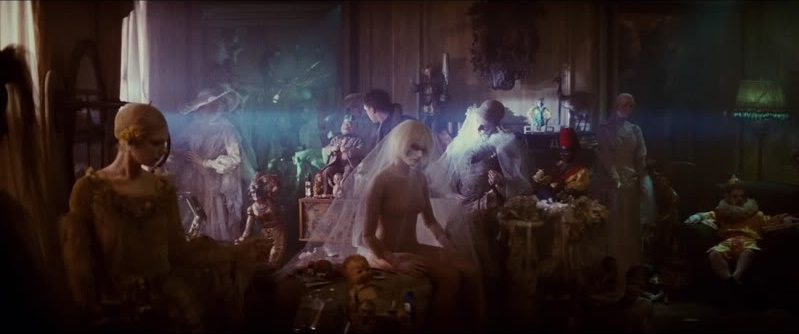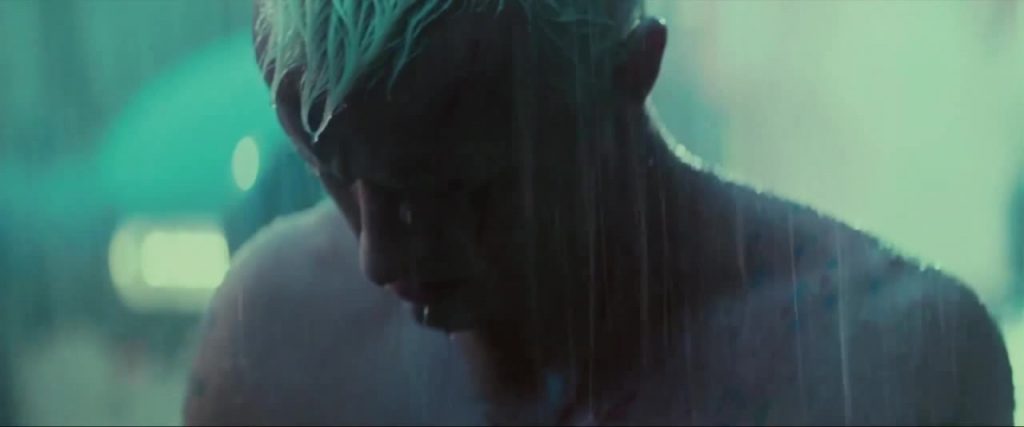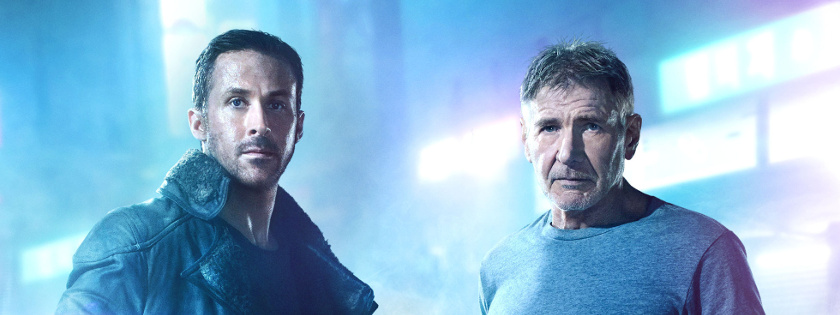Blade Runner 2049, like many modern reboots or sequel to popular 80-90’s movies, misses the mark spectacularly by failing to identify what made the original great, and ends up being all form and no substance.
Since the turn of the XXIst century, there is an ongoing movement to either produce remakes, reboots or sequels to popular movies produced in the 80’s and 90’s. Tron, Jurassic Park, Ghostbusters and Star Wars are only a few names in a list so long that apparently nobody took the time to make it. Its prevalence in the current cinema landscape doesn’t mean its a sure way of turning a profit though, there have been some hits and misses, whether directors try to stick to the original material or to interpret the existing universes more liberally.
Blade Runner 2049, for example, is the perfect example of a modern production team that wanted to stick to the original’s guns, but failed to identify the secret ingredient that made the original Blade Runner movie so popular. When I went to see Blade Runner 2048, my only memory of Blade Runner was an image of the apartment with creepy automatons and dolls, bathed in fog and diffuse light. It was an unsettling image, but not necessarily a negative one, as in my mind it was peaceful.

With loud horns blaring and almost non-stop violence, Blade Runner 2049 seemed so far off the mark of my memory of Blade Runner that I started doubting myself. To get to the bottom of my memory, I watched the original again just to be sure. And then it hit me. Blade Runner wasn’t really about flying cars, police work nor combat. It was about what makes us human and the unfairness of the Replicants’ artificially low lifespan and the melancholy and violence that results.
Before watching the original, Blade Runner 2049‘s initial plot was weak at best. Limited-lifespan Replicants were deemed dangerous enough to get banned, prompting the creation of the Blade Runners but somehow a company was able to manufacture more of them, and with no artificially limited lifespan to boot. This isn’t that far fetched if it was real life but in the contained fictional environment of the Blade Runner universe set by the first movie, it seems like a stretch. After watching Blade Runner again, it looks like a huge plot mistake. Indeed, the limited lifespan is what triggered the four original Replicants to embark on a journey back to their creator, ultimately giving a powerful and classic Oedipal image of a father killed by his own offspring and prompting Roy to poetically muse about the value of his experiences at the apex of what looked like a one-sided chase.

Instead, Blade Runner 2049 went for the more traditional messiah trope and an utterly useless goose chase. This actually leaves the messianism for an ulterior movie while failing to make it desired as the main character seeming self-discovery is simply wasted. Most of the tension in the original movie was created by the imbalance between the frail human Blade Runner with open-ended lifespan and the superior Replicants with limited lifespan, whether it is between Deckard and Roy or Deckard and Rachael. This is quickly dissipated from the new movie past the first few minutes when we learn that Officer K is himself a Replicant.
While watching Blade Runner 2049 I was thinking it was a mistake to give a Blade Runner role to professional emotionless actor Ryan Gosling, but in hindsight this isn’t a casting mistake, but yet another character writing one. The first movie initially presented Replicants as disposable labor or worse, a ruthless threat, but then proceeds to feature stoic humans and emotional Replicants, interestingly turning the prejudice on its head. Nothing of the sort happens in Blade Runner 2049 as we finally learn that the whole investigation into Officer K’s past was for nothing.
This cruel lack of melancholy is also reflected in the new title’s original soundtrack composition. Hans Zimmer himself seems to me like a more conservative pick than Vangelis back in 1982, and it shows in the result. Blade Runner 2049 features a polished soundtrack with powerful and oppressive synth strings across the board, while the original Blade Runner soundtrack feels more experimental, with the use of saxophone that brings the melancholy notes that sorely lacks both in the recent movie, including its soundtrack.
To conclude, Blade Runner 2049 has many plot holes on its own, but what really makes it a failure in my mind is the radical change of tone between the two movies. Never mind the flying cars, the neon signs and the constant rain that actually had a purpose in the first movie in one of the most striking scene, it’s the missing melancholy that buries Blade Runner 2049 as a failed sequel.

